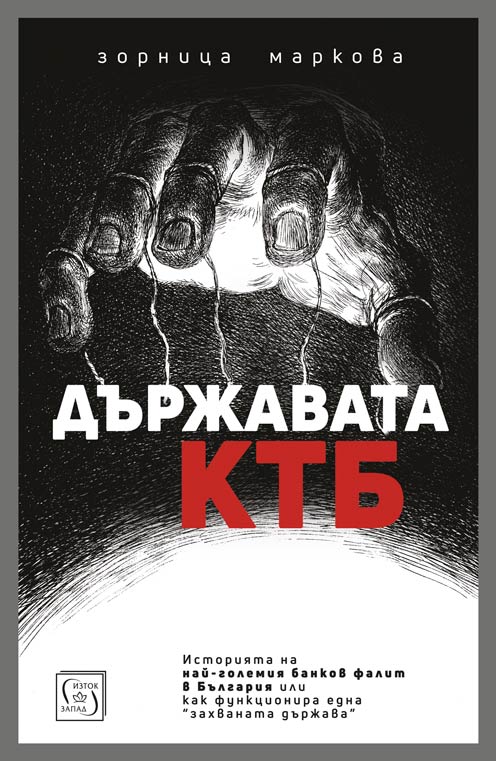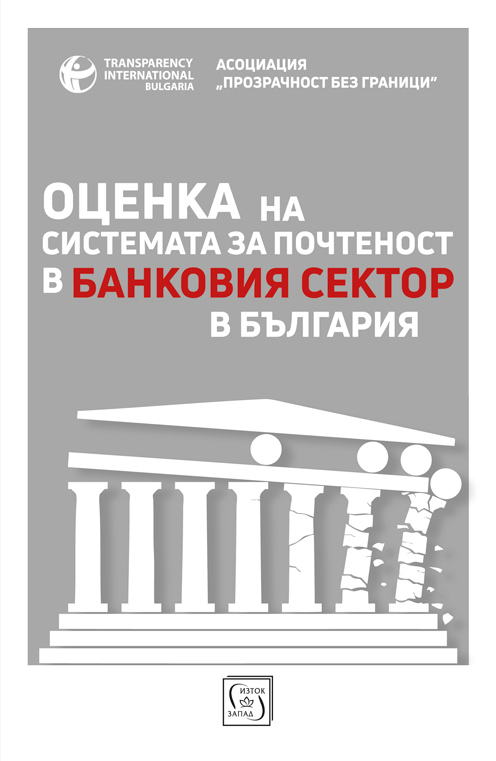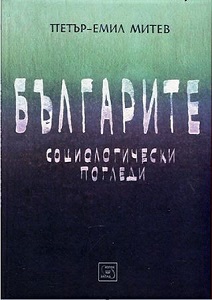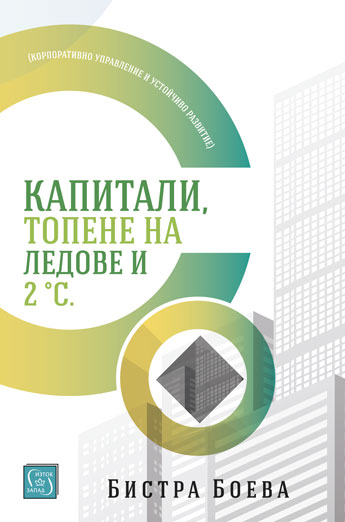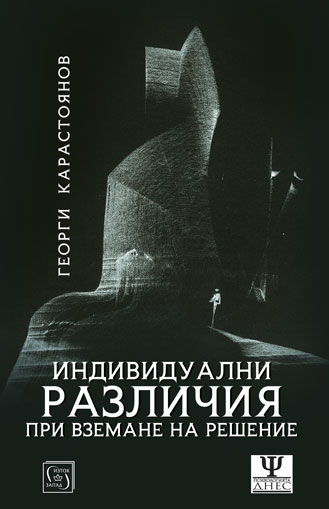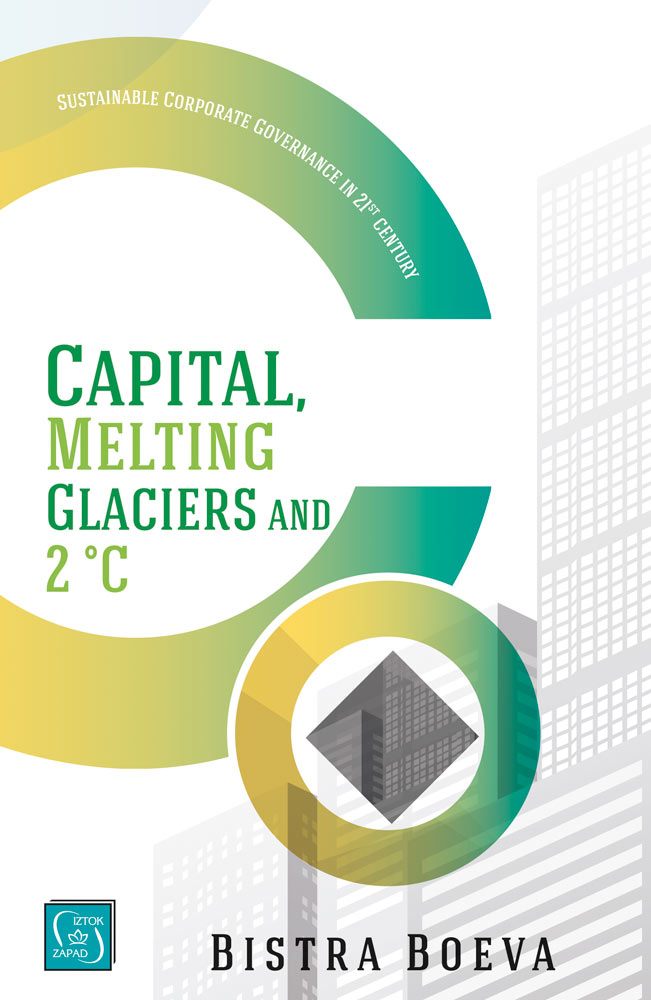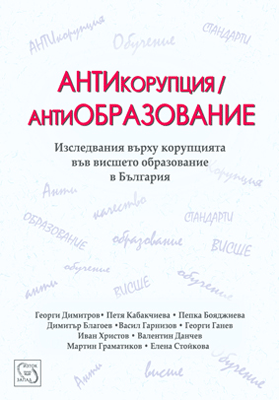
Anti-Corruption / Anti-Education
АНТИкорупция / антиОБРАЗОВАНИЕ
Keywords: sociology; sociological survey; institutional reforms;
"This book presents an analysis of the first, and in this sense unique empirical sociological survey representative of all higher education institutions in Bulgaria (except those under the jurisdiction of the Interior Ministry and the Defense Ministry) at the faculty level. The survey covered 31 universities and all their 147 faculties in 12 cities, based on a sample that is exhaustive with respect to higher education institutions and their faculties, and typological with respect to students and teaching staff. The sample included full-time second-, third- and fourth-year students, and habilitated and non-habilitated members of teaching staff – a total of 1,313 students and 283 members of teaching staff. The survey used two standardized anonymous questionnaires – one for teaching staff and another for students – that included a common set of questions for both groups and specific questions relevant to the respective group. It was conducted in May 2004. The purpose of the survey and of the analysis is not to exonerate or accuse the academic community of corruption. The purpose is to see whether the problem of corruption exists in the academic community and, if it does, to identify the institutional conditions for its existence and, consequently, the institutional possibilities for its elimination. That is why the approach applied in studying corruption was institutional, connecting corruption with a specific type of institutional practices in the public sphere that result from abuse of uncontrolled power. The analysis shows that the problem of corruption in higher education exists as part of the informal culture of the academic environment, and that the gravity of this problem is judged differently by the key participants in the educational process: students are the most critical, followed by non-habilitated members of teaching staff, whereas habilitated members of teaching staff are the most satisfied with the status quo. This means that perceptions of the problem are determined by academic status which, as the analysis shows, is constituted above all as power status. In the respondents’ perceptions the phenomenon of corruption is certainly not limited to bribery only, but includes various forms that are specific to teaching staff and students as well as the administration. However, the numerous forms of corruption are grouped around two basic elements of the educational process: firstly, examinations, which are rated first both by teaching staff and students; secondly, admission to university, involving both entrance examinations and transfer from one university or discipline to another."
More...
